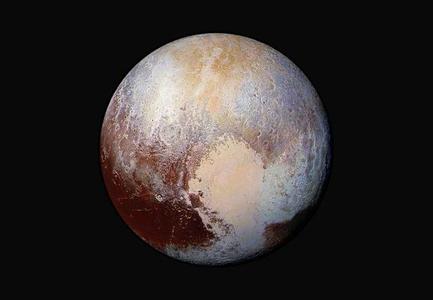This was actually something of a blow to Pluto's status as a planet, which had never been terribly robust anyway. Since previously the space occupied by the moon and the space occupied by Pluto were thought to be one and the same, it meant that Pluto was much smaller than anyone had supposed—smaller even than Mercury. Indeed, seven moons in the solar system, including our own, are larger.

Now a natural question is why it took so long for anyone to find a moon in our own solar system. The answer is that it is partly a matter of where astronomers point their instruments and partly a matter of what their instruments are designed to detect, and partly it's just Pluto. Mostly it's where they point their instruments. In the words of the astronomer Clark Chapman: "Most people think that astronomers get out at night in observatories and scan the skies. That's not true. Almost all the telescopes we have in the world are designed to peer at very tiny little pieces of the sky way off in the distance to see a quasar or hunt for black holes or look at a distant galaxy. The only real network of telescopes that scans the skies has been designed and built by the military."












